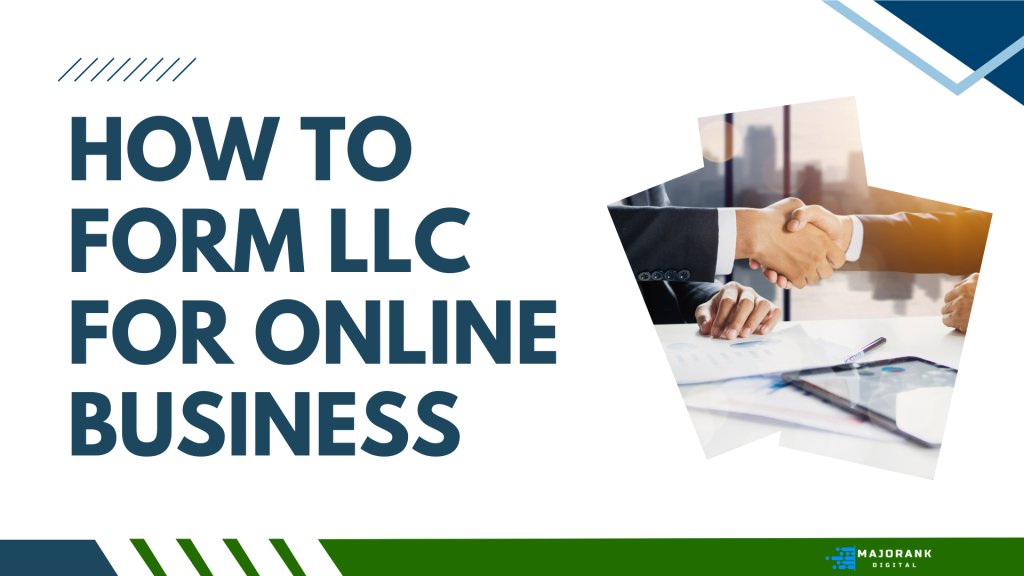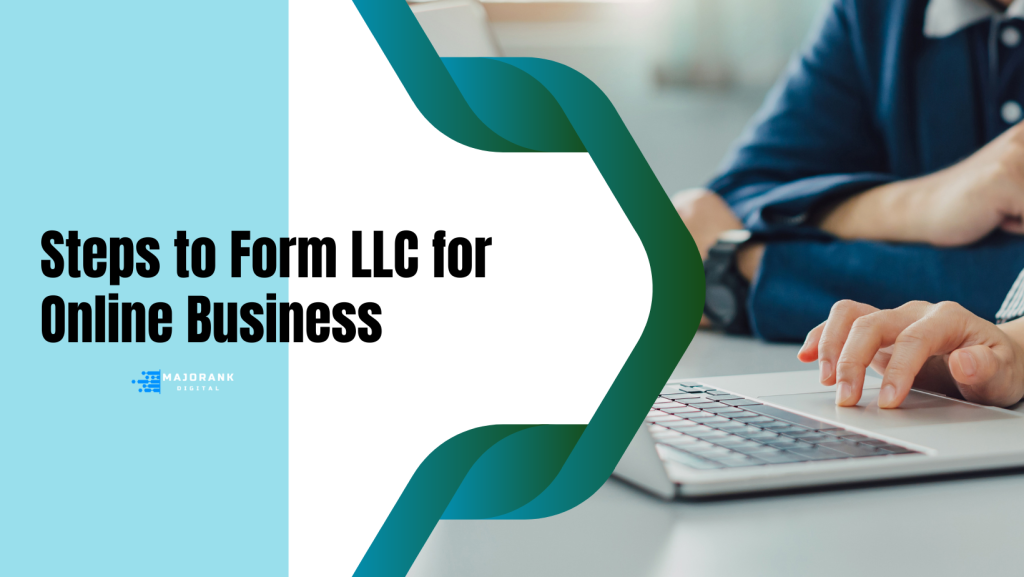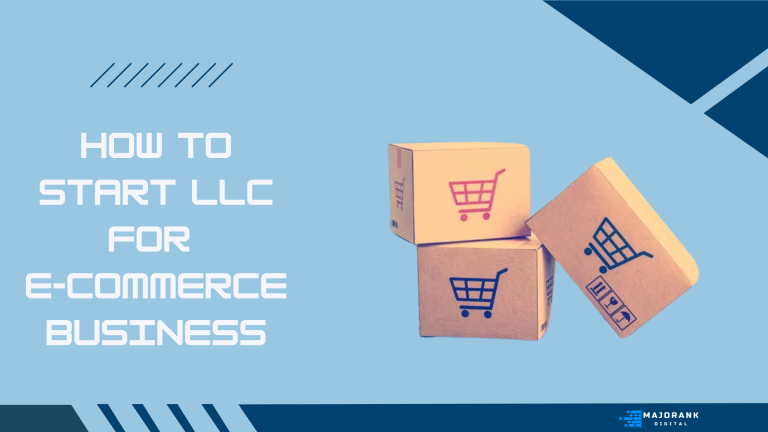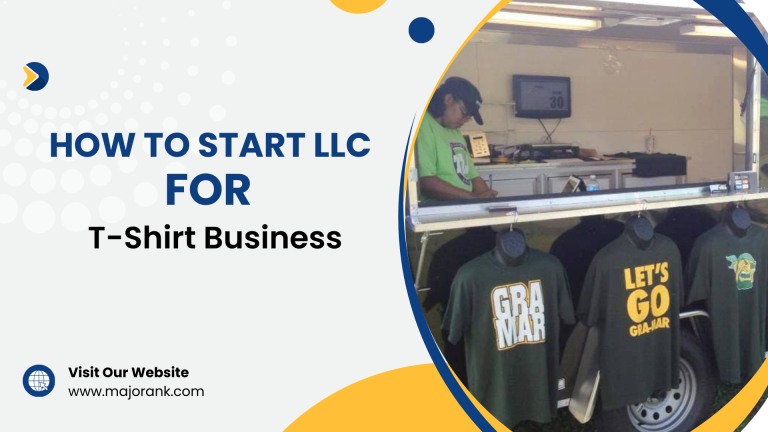
Starting an online business offers unparalleled flexibility and the potential to reach a global audience. Whether you’re selling products, offering services, or running a blog or affiliate marketing site, forming a Limited Liability Company (LLC) can provide significant advantages. An LLC is a popular legal structure among online entrepreneurs due to its liability protection, tax benefits, and ease of management. In this guide, we’ll walk you through the process of forming an LLC for your online business.
What is an LLC?
A Limited Liability Company (LLC) is a business structure that combines the limited liability features of a corporation with the tax efficiencies and operational flexibility of a partnership or sole proprietorship. By forming an LLC, business owners—known as members—can protect their personal assets from business liabilities and debts. Additionally, an LLC provides pass-through taxation, meaning that profits and losses are reported on the members’ personal tax returns, avoiding the double taxation that corporations face.
Why Choose LLC for Your Online Business?
- Personal Liability Protection: An LLC helps shield your personal assets (like your home, car, and personal bank accounts) from business-related risks and liabilities. If your online business is sued or accrues debt, your personal assets are generally protected.
- Tax Benefits: LLCs are considered pass-through entities for tax purposes. This means the business itself does not pay federal income taxes. Instead, profits and losses are “passed through” to the members, who report them on their personal tax returns. This can simplify tax filing and potentially reduce overall tax liabilities.
- Flexibility: An LLC provides flexibility in management and operations. It allows you to run your business in the way that best suits your needs without the formalities required by corporations, such as holding annual meetings and maintaining extensive records.
- Credibility and Trust: Forming an LLC can enhance the credibility of your online business with customers, suppliers, and partners. It shows that you are a legitimate business and have taken steps to formalize your operations.
Also read about – How to form LLC for a cleaning Business
Steps to Form LLC for Online Business

- Choose Your LLC Name
- Your LLC name must be unique and not already in use by another business in your state. It should also include “LLC” or “Limited Liability Company.” Choose a name that reflects your brand and is easy for your target audience to remember. Before finalizing, check the availability of your desired name in your state’s business registry and consider its availability as a domain name for your online presence.
- See article on how to choose a business name
- Appoint a Registered Agent
- A registered agent is an individual or company designated to receive official documents, legal notices, and government correspondence on behalf of your LLC. The registered agent must have a physical address in the state where your LLC is registered. You can act as your own registered agent, appoint another member, or hire a professional service.
- Note – I will always recommend Tailor Brands as the registered agent, they are reliable.
- File Articles of Organization
- The Articles of Organization is the document that officially creates your LLC with the state. This document includes essential information such as your LLC’s name, address, registered agent, and the names of the members. You’ll need to file this document with your state’s Secretary of State or equivalent agency and pay the required filing fee.
- Create an Operating Agreement
- An operating agreement outlines the ownership structure, roles, and responsibilities of the members, and how the LLC will be managed. While not required in all states, having an operating agreement is highly recommended. It helps prevent disputes among members and provides a clear roadmap for the business’s operations. Even if you are a single-member LLC, having an operating agreement clarifies that your personal and business assets are separate.
- Obtain an EIN (Employer Identification Number)
- An EIN, or Employer Identification Number, is a unique identifier for your LLC for tax purposes, similar to a Social Security number for an individual. You will need an EIN to open a business bank account, hire employees, and file taxes. You can apply for an EIN for free through the IRS website.
- Register for State Taxes and Obtain Necessary Permits
- Depending on your state and the nature of your online business, you may need to register for state taxes such as sales tax if you are selling physical goods. Some states may also require an e-commerce license or home occupation permit if you are operating from your home. Check with your state and local government for specific requirements.
- Open a Business Bank Account
- It’s essential to keep your personal and business finances separate to maintain the liability protection offered by an LLC. Opening a business bank account helps you track business expenses, manage cash flow, and simplify tax preparation. Use your LLC’s EIN when opening the account.
- Get Business Insurance
- While forming an LLC provides liability protection, it’s still important to have business insurance. Depending on your online business, consider getting general liability insurance, professional liability insurance, or cyber liability insurance to protect against data breaches and online threats.
Maintaining Your LLC
After forming your LLC, you must comply with your state’s ongoing requirements to keep it in good standing. This typically includes filing an annual report, paying any associated fees, and maintaining a registered agent. Failure to comply with these requirements can result in penalties or the dissolution of your LLC.
Conclusion
Forming an LLC for your online business is a wise decision that offers personal liability protection, tax advantages, and enhanced credibility. By following the steps outlined in this guide, you can establish your LLC and start building your online business with confidence. Remember to consult with a legal or financial professional if you have questions or need assistance throughout the process. With the right foundation, your online business will be set up for success!






